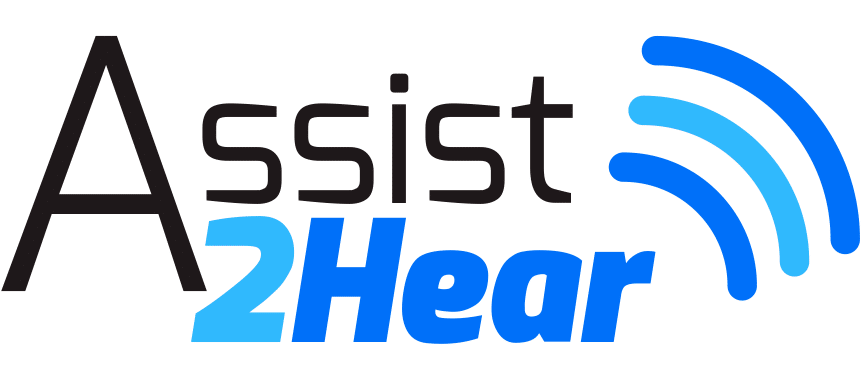Hooray for hearing loops! Hearing aid users across the country are chanting, “Get in the Loop!”. Induction hearing loops are a simple solution to an invisible problem that many hard of hearing people face daily. Very simply, Induction loops consist of a wire looped around a room and plugged in to an amplifier, which is then plugged in to an audio/sound system or TV. Churches and public auditoriums are the perfect environment for loops. There are residential loops available for home TV rooms, which can be wired or used with a seat pad that includes a loop. They plug in to the TV and the hearing aid wearer merely turns on their T-coil. Voila! No need to turn up the volume and annoy others in the home! Not to mention that the sound is CLEAR.
Loop systems have been in use in Europe for years and it is rare that a public area does not have a loop system. All hearing aids in Europe are required to have T-coils, which is not the case in the US. Yet.
The cost of a loop in a residential setting can be $200-300. Installation costs are minimal or homeowners can even install the loop themselves. Commercial loop systems involve professional design to make sure any interference is compensated for and that the installation complies with IEC standards. Typical costs are from $5,000 to $15,000 for most installations, depending on the size and construction of the room. However, venues such as sports arenas, airports and large theaters can run in to six figures. Certainly, having a professional installer is important since a bad installation serves no one.
There are even loop systems available for counter installations such as pharmacies, bank windows, ticket counters, etc., where it is important to hear clearly. A portable loop system may work for some in meetings or restaurants. And the best thing about loop systems? One does not need to advertise that they have a hearing loss by wearing one of the headsets provided in most public venues to hear the speaker through the FM or infrared system.
Assist 2 Hear, LLC is proud to promote the Loop Colorado initiative to install loop systems across Colorado and the nation. Many states have loop initiatives and several states have had very successful grassroots initiatives to loop their state. Michigan, Wisconsin, New York, Florida, Washington, Utah, Arizona and New Mexico have been very actively promoting loop installations.
